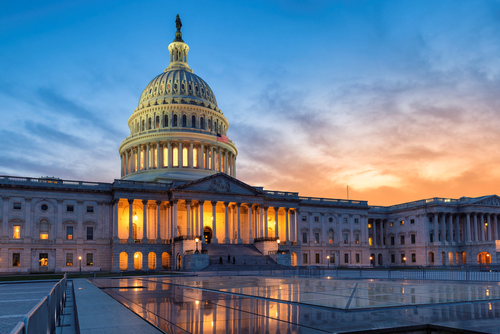
The American Petroleum Institute (API) on Nov. 12 released a five-point policy roadmap for the incoming Trump administration and next Congress that aims to help America control its energy future.
The roadmap details steps the federal government can take in 2025 and beyond to increase the nation’s geopolitical strength, protect consumers, leverage natural resources, reform federal permitting, and advance specific tax policies, according to API.
“Our country has a generational opportunity to fully leverage U.S. energy leadership to improve the lives of all Americans and bring stability to a volatile world,” API President and CEO Mike Sommers wrote in a letter to President-elect Donald Trump that’s included in the document. “Yet our continued success is far from guaranteed, and we have been heading down a path of extreme regulations threatening everything from our choice of home appliances to the cars we drive.
“As an industry committed to American prosperity, we stand ready to work with you and Congress to reverse course and advance a robust vision for securing America’s energy dominance,” wrote Sommers.
API’s five-point policy roadmap includes how to:
- Bolster America’s geopolitical strength by lifting the U.S. Department of Energy’s (DOE’s) LNG permitting pause, swiftly processing all pending export applications at DOE, and ensuring the open access of American energy to global markets.
- Reform the federal permitting system by reforming the National Environmental Protection Act (NEPA) and the Clean Water Act, advancing judicial reform, and repealing the Biden-era NEPA rules.
- Protect consumer choice by repealing the Environmental Protection Agency’s (EPA’s) tailpipe rules and the National Highway Traffic Safety Administration’s Corporate Average Fuel Economy standards and denying or rescinding the EPA’s Waiver for California’s Advanced Clean Cars II rule.
- Leverage the nation’s natural resources by issuing a new Bureau of Ocean Energy Management five-year offshore leasing program; repealing certain onshore leasing rules, starting with the Bureau of Land Management Conservation and Landscape Health Rule; and ending the EPA’s methane fee.
- Advance tax policies that retain the 21-percent corporate tax rate to ensure global competitiveness, maintain and extend tax provisions for domestic infrastructure investment, and preserve international tax provisions.